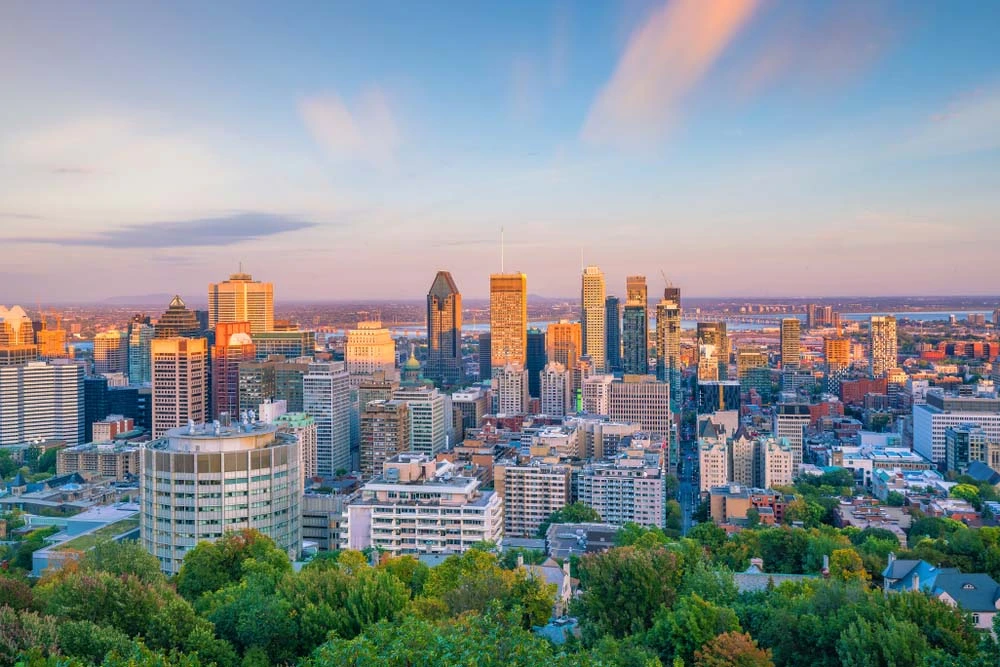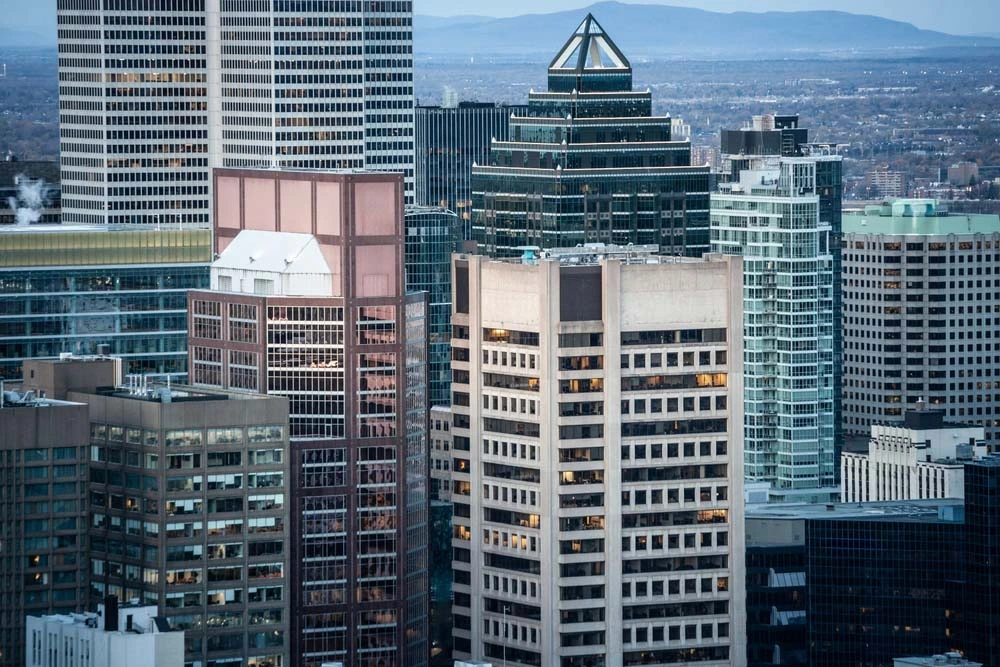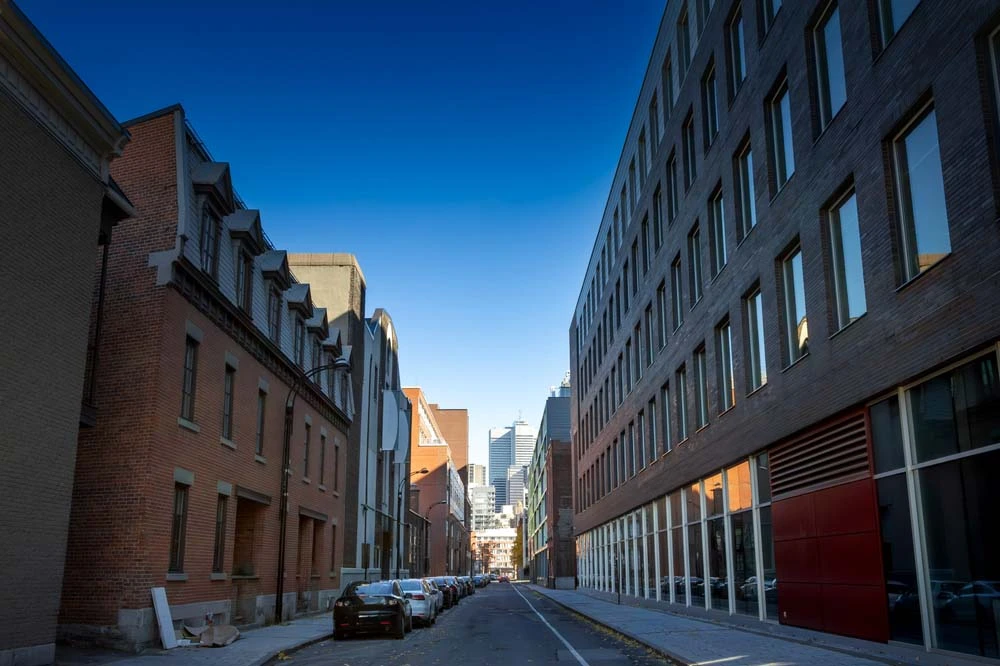If you’re planning to list your home or are already hosting on Airbnb in Montreal, understanding the Montreal short term rental regulations is critical. The city has strengthened its rules to address housing shortages and ensure fair use of residential properties.
Whether you’re renting occasionally or running a full-time rental, working with Airbnb Management Montreal ensures you stay compliant with both provincial and municipal Montreal Airbnb laws. This guide covers everything an Airbnb host needs to know to operate legally and efficiently.
Why Montreal’s Short-Term Rental Regulations Exist
Montreal’s short-term rental (STR) regulations are designed to keep Airbnb Montreal hosting fair and sustainable. The city aims to balance tourism with housing availability by preventing residential units from being turned entirely into tourist accommodations.
At the same time, these rules help local homeowners continue earning from seasonal Airbnb hosting. They also improve safety, zoning compliance, and host accountability—making Airbnb rentals in Montreal safer and more responsible for everyone, and supporting those searching for the best Airbnb Montreal experience.
For hosts wondering “is Airbnb legal in Montreal?”, the answer is yes—but only if you meet all provincial and municipal conditions.
Provincial Requirements (CITQ Certification)
At the provincial level, anyone renting accommodations for 31 days or less must hold a classification certificate from the Corporation de l’Industrie Touristique du Québec (CITQ). This requirement applies to apartments, condos, houses, and cottages.
To obtain your certificate:
- Carry $2 million in liability insurance for the property.
- Submit detailed photos and a property description to CITQ.
- Ensure municipal zoning compliance before applying.
- Pass an inspection conducted by a CITQ representative.
- Display your CITQ establishment number on all listings.
The application fee is $51.50. Once approved, the number becomes your legal authorization to operate a short-term rental.
Exemptions: If you’re renting your primary residence, you may not need a full CITQ classification certificate. However, you still must follow Montreal’s municipal regulations, including seasonal restrictions and permit requirements.
The takeaway: no certificate means no legal short-term rental. Always verify your property’s eligibility before listing.
Montreal’s Municipal Regulations

Montreal adds another layer of rules on top of the provincial framework. These local Montreal Airbnb laws differ by borough and apply to both individual homeowners and property investors.
Primary Residence Rentals
If the property is your principal residence, you may rent it short-term only between June 10 and September 10 each year. Outside that period, hosting is prohibited unless your property is in a zone approved for commercial tourist accommodations. This seasonal rule helps protect long-term housing availability during the rest of the year.
Borough and Zoning Restrictions
Not every borough allows short-term rentals. Lachine, Saint-Laurent, and Saint-Léonard prohibit them entirely. In boroughs that do allow STRs, you must confirm the zoning designation for your address. Suppose your unit is not your primary residence. In that case, it is treated as a commercial tourist home, which requires a separate certificate of occupancy and is allowed only in designated commercial zones.
Permits and Fees
Hosts must apply for a municipal host permit when renting their principal residence during the permitted period. The cost is approximately $300. You’ll need to provide:
- Valid ID and proof of residence (tax statement, deed, or lease)
- Authorization from your condo board, if applicable
- Your CITQ establishment number
Non-primary residences require a commercial tourist permit, which involves higher fees and stricter compliance checks.
Understanding Borough Differences

Each Montreal borough can interpret and enforce STR rules differently. Here’s an overview:
Ville-Marie and Plateau-Mont-Royal
These boroughs allow short term rentals in Montreal only in areas zoned for commercial tourist homes. Airbnb hosts must verify zoning compliance before listing. Enforcement is strict, and violations often lead to fines or listing removal. Using vacation rental management helps ensure adherence to Montreal Airbnb rules and proper permit display.
Verdun and Rosemont–La Petite-Patrie
These areas permit Airbnb rentals in limited residential zones. Hosts must follow permit and safety standards, including fire safety compliance and liability insurance. Airbnb property management services can assist with permit processing and compliance with Montreal Airbnb rules to prevent penalties.
Lachine, Saint-Laurent, and Saint-Léonard
These boroughs prohibit short term rentals in Montreal of principal residences under Montreal Airbnb rules. An Airbnb host cannot legally list properties for stays under 31 days. Violations can result in fines and delisting. Airbnb property management firms typically recommend focusing on legal zones or switching to long-term rentals.
Ahuntsic-Cartierville and Outremont
Zoning restrictions for short-term rentals in Montreal are tightening in these areas. Airbnb hosts must verify current rules before listing. Airbnb property management services can help track zoning changes and maintain compliance with Montreal Airbnb rules to avoid enforcement actions.
Checking your borough’s zoning map before applying is crucial. Many hosts are fined because they assume citywide rules apply uniformly—they don’t.
How Montreal Compares with Other Canadian Cities

To put Montreal’s regulations in perspective:
Toronto
In Toronto, Airbnb Montreal hosts looking to expand operations should note that the city allows short term rentals only in a host’s primary residence. This means you can’t rent out investment properties or secondary units on Airbnb.
Hosting is allowed year-round, but you must register with the city and follow a strict 180-night annual limit for entire-home rentals. The registration process includes proof of residence and payment of a municipal fee. This system keeps the market regulated and helps the city track compliant hosts.
Vancouver
Like Montreal, Vancouver enforces a primary-residence-only rule for Airbnb rentals, but hosts there can operate all year long with a valid business license. Anyone listing a property must display their business license number on their Airbnb listing to stay compliant.
For hosts used to managing properties in Airbnb Montreal, the Vancouver model is somewhat more flexible but still requires ongoing renewals and strict adherence to safety and zoning laws.
Quebec City
Compared to Airbnb Montreal, Quebec City also requires a valid CITQ certification for all short term rentals, ensuring that hosts meet provincial standards. However, it has fewer borough-level restrictions, allowing hosts more flexibility in where they can operate.
This makes it slightly easier for property owners to manage Airbnb rentals legally. Still, compliance with the CITQ process—insurance, classification, and permit display—is mandatory for every host.
Compared to other major cities, Montreal’s short-term rental laws are among the strictest in Canada—especially because of the seasonal limit. Property investors and hosts considering expansion should evaluate how Montreal’s rules align with their long-term strategy.
Compliance and Penalties
Montreal has significantly increased inspections to combat illegal listings. Hosts must:
- Display their CITQ number on every advertisement.
- Follow occupancy and safety standards.
- Avoid installing lockboxes on public property.
Penalties:
- Individuals: up to $1,000 per night of violation
- Businesses or repeat offenders: up to $2,000 per night
- Persistent violators risk permit suspension, listing removal, and legal action.
Authorities also conduct online audits across platforms like Airbnb and Vrbo to catch unregistered listings.
Taxation and Reporting Requirements
Hosting legally means understanding your tax obligations. In Montreal, short-term rental income is taxable and must be declared on your annual income tax return.
- Lodging Tax: Hosts must collect a 3.5% tax on stays of 31 days or less, remitted to Revenu Québec.
- GST/QST: Required if your annual rental income exceeds $30,000.
- Income Tax: Net profits after expenses are subject to federal and provincial income tax.
It’s also essential to separate business and personal expenses for accurate reporting. Keeping transparent financial records protects you from penalties and simplifies renewals.
What an Airbnb Host Should Do Now
If you’re operating or planning to start hosting in Montreal, here’s a quick checklist:
- Verify your property’s zoning and borough regulations using the city’s zoning map.
- Apply for your CITQ classification certificate and ensure it’s valid before listing.
- Obtain your municipal host permit (or certificate of occupancy if commercial).
- Display your establishment number in all online listings and physical spaces.
- Stay updated—rules may evolve, and Montreal regularly adjusts enforcement strategies.
Following these steps not only keeps your listing compliant but also enhances guest trust.
Operating within Montreal’s short-term rental framework can be complex, especially for multi-property owners or those new to hosting. Partnering with a professional Airbnb management company can simplify the process. Services like Guestable offer full-service Airbnb Management Montreal solutions—handling compliance, guest communication, cleaning, and dynamic pricing.
Professional vacation rental management ensures your listing meets every local requirement, from permit renewals to tax reporting, while maintaining high guest satisfaction.
Frequently Asked Questions
Hosts must meet all Airbnb requirements, which include obtaining a valid CITQ certificate, securing a municipal host permit or certificate of occupancy, and clearly displaying their establishment number on every listing.
